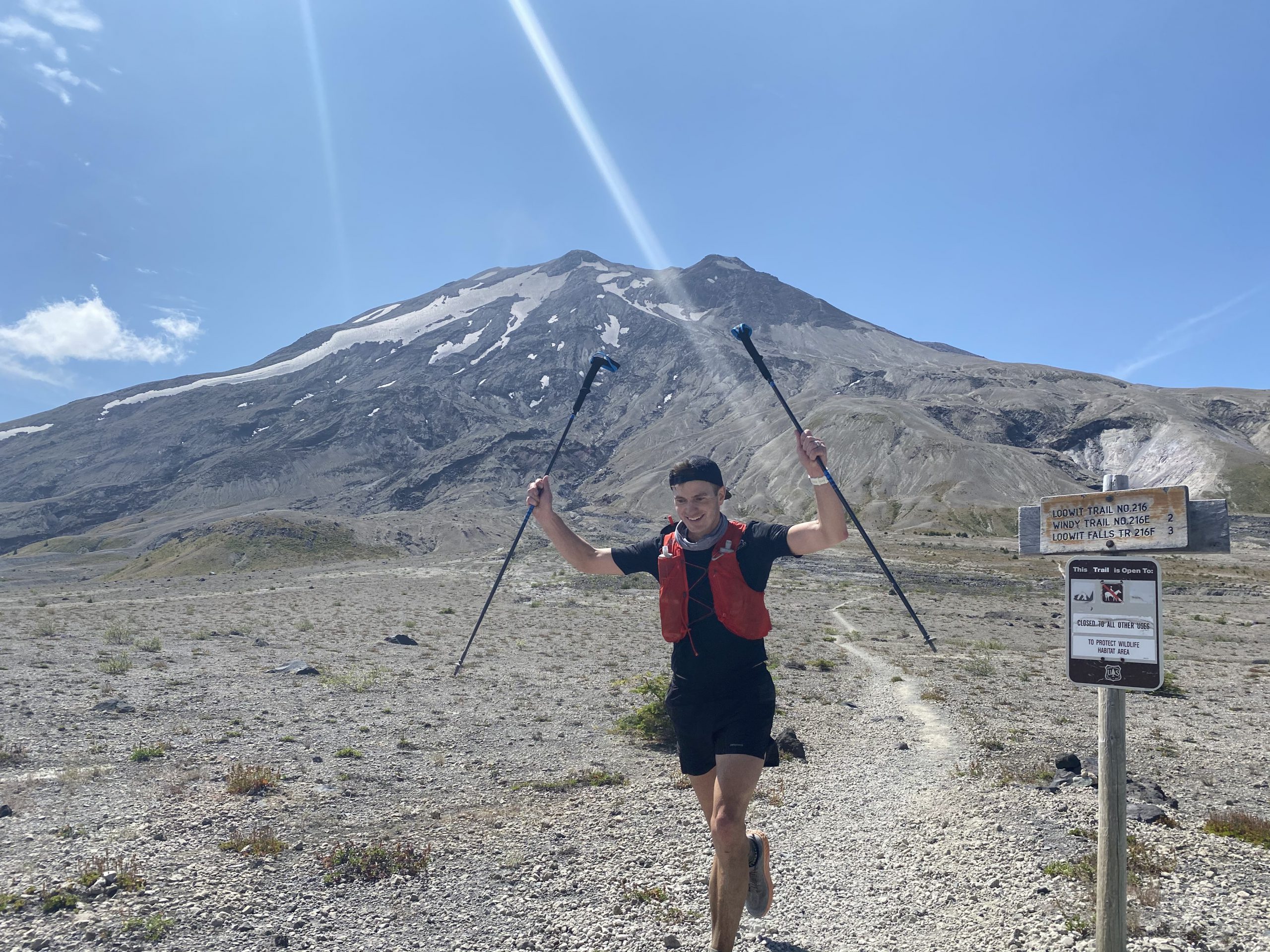
Insight: Finishing Strong
By Dr. John Stegeman, Upper School Head & Sam Uzwack, Associate Head of School for Middle School & Student Support Services
If every school year is a feat of endurance, then 2020-2021 has been a marathon…no a triathlon…maybe an Ironman…or better yet, one of Dr. Scott’s 50-mile off road ultra-marathons. What can we learn from the world of endurance sports that would apply to this crazy year and guide us across the finish line?
Run Your Own Race
The longer the race, the more important it is to pace yourself. This requires self-knowledge gained from previous experiences. Even if the last race you ran was half the distance, you have to know how your body feels under exertion. Then you have to ration that exertion using self-discipline so you don’t expend all your energy in the first few miles. And as the miles stretch on you have to keep monitoring how you feel, making adjustments to pace, hydration, and food consumption.
Look out for Others on the Course
As important as self-awareness is for the endurance athlete, it’s also critical to look out for other athletes on the course. This other-awareness can help the athlete gain a sense of where they are in the pack. More importantly, recognizing how hard the race is on the human body is a survival strategy. Endurance athletes are famous for helping one another along with an encouraging word, running alongside for a stretch, or an arm extended around the shoulder.
Leave Some Gas in the Tank
The last few miles are usually the hardest, so it’s important to save some energy to finish strong. Some of you may have seen images of marathoners collapsing into tears at the finish line. That’s a sure sign that they left every bit of energy they had out on the course. But they also found a way to save a little something, or dig a little deeper, to finish the race.
Meaning is Made at the Finish Line
The longer the race the less your time matters; it’s finishing that counts. In the after-race food line, athletes begin to recount how they felt at certain points along the way – people they passed, the wet foot from that puddle they stepped in, the poorly timed bathroom break. More than just war stories, these anecdotes start to frame the experience and share it in a way others can understand. They weave together a narrative that provides context and meaning for the experience.
We have seen students, teachers, and our parent community practice each of these strategies all year long. This year, the race felt especially long, the headwind particularly brisk, and the slopes remarkably steep. We went the distance, and now we’re finishing strong – together.

